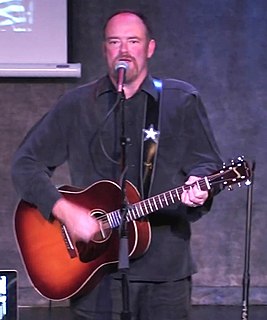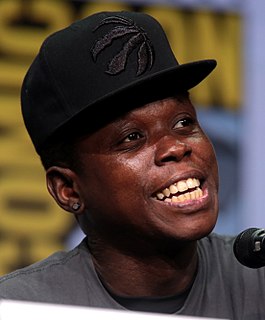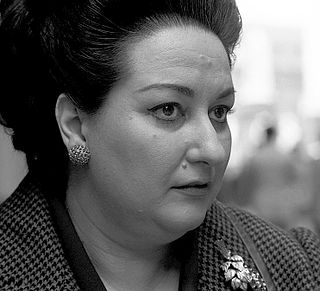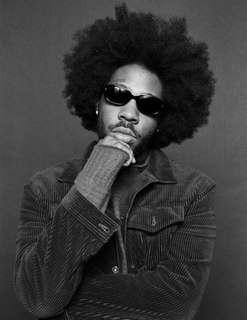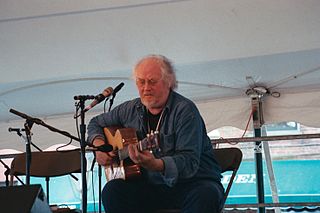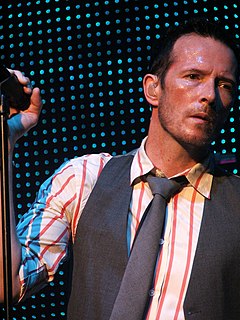A Quote by John Cage
Let no one imagine that in owning a recording he has the music. The very practice of music is a celebration that we own nothing.
Related Quotes
One song isn't going to ever change things, but I suppose it's the accumulation of music generally [that is]. If you can imagine a world that has no music in it, it would be a very different world, so music does change the world by virtue of all the music in it. Cumulative music of every kind, from banging a drum to playing a flute or recording symphonies, or singing 'War, what is it good for?' All those things change the whole way we live.
Music, to me, is the most beautiful form, and I love film because film is very related to music. It moves by you in its own rhythm. It's not like reading a book or looking at a painting. It gives you its own time frame, like music, so they are very connected for me. But music to me is the biggest inspiration. When I get depressed, or anything, I go "think of all the music I haven't even heard yet!" So, it's the one thing. Imagine the world without music. Man, just hand me a gun, will you?
I wouldn't have known when I was a teenager that when I was coming up to being a sixty-year-old woman that I'd be making music, I'd be recording music, talking about music, and incorporating my views on the world into the music-making. So it's a very rarefied place to be, and I'm very grateful for that.
Music was literally in the air at the time, the Vienna of 1780. Everybody played music, classical music. There were in fact so many musicians that in apartment buildings people had to come up with a schedule - you practice at 5 p.m., I'll practice at 6 p.m. That way the music didn't collide with one another.
New Orleans had a great tradition of celebration. Opera, military marching bands, folk music, the blues, different types of church music, ragtime, echoes of traditional African drumming, and all of the dance styles that went with this music could be heard and seen throughout the city. When all of these kinds of music blended into one, jazz was born.
I was interested in a whole range of music that I used to play, popular music -- particularly American music -- that I heard a lot of when I was a teenager," "I think at a certain point it dawned on me that myself playing this music wasn't very convincing. It was more convincing when we played music that came from our own stock of tradition. ... I certainly feel a lot more comfortable playing so-called Celtic music.

